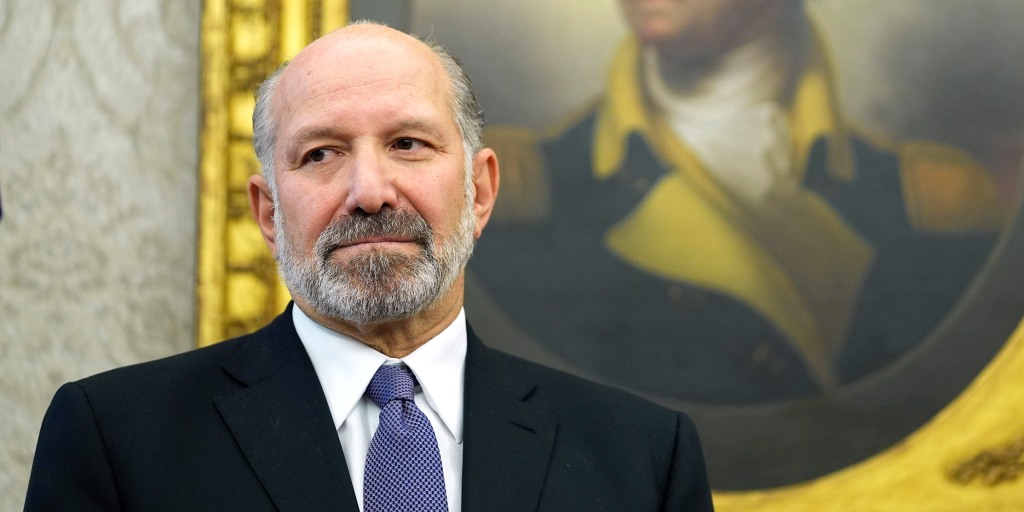Mail Monopoly: Trump's Commerce Dept. Plots USPS Takeover Showdown

In a recent announcement, President Trump revealed plans to have Howard Lutnick, his newly appointed commerce secretary, conduct a comprehensive review of the United States Postal Service. Lutnick will be tasked with examining the organization's operations, efficiency, and financial performance, signaling potential reforms on the horizon for the long-standing federal agency.
The president's decision to bring Lutnick into this role suggests a strategic approach to addressing ongoing challenges within the postal system. As a prominent business leader, Lutnick is expected to bring a fresh perspective to the evaluation of the postal service's current state and future potential.

